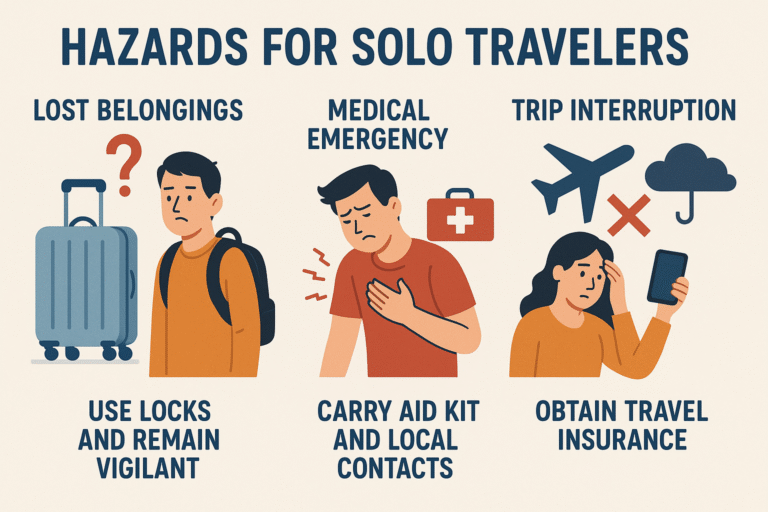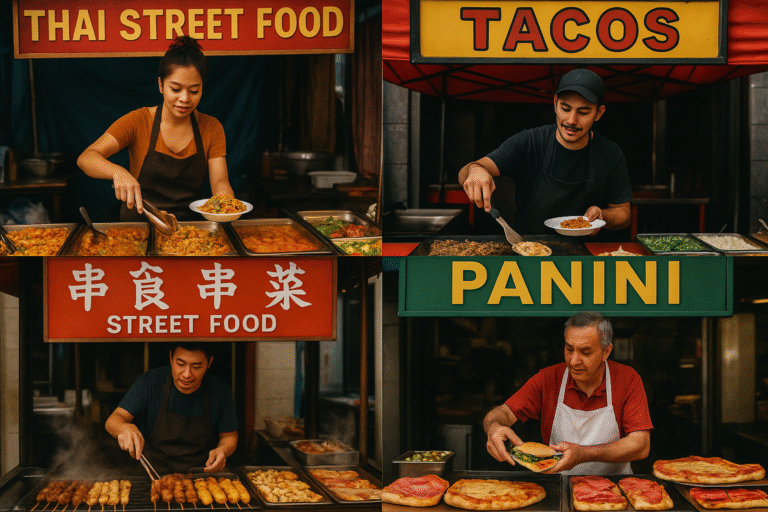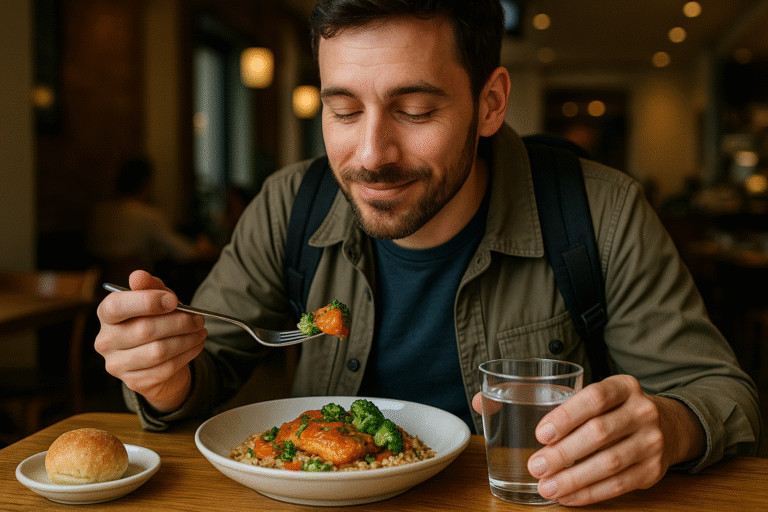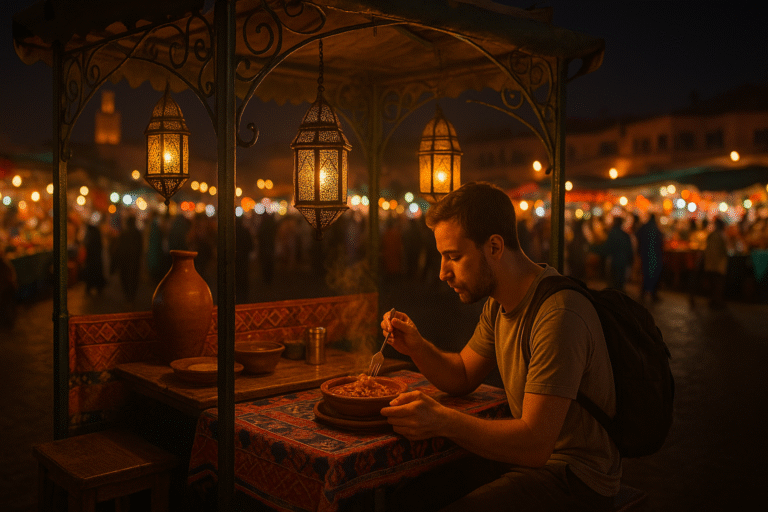Cultural Immersion Tips for Solo Travelers

Understanding Cultural Immersion
Cultural immersion is about more than just visiting a place; it’s about actively engaging with its culture, people, and traditions. It involves learning through experiences, be it through language, culinary arts, daily activities, or local ceremonies. For solo travelers, this approach broadens understanding, fosters global connections, and creates more meaningful experiences.
Pre-Trip Research
Begin your journey before you even pack your bags. Researching your destination is key to understanding the nuances of local etiquette, language, and cultural norms. Explore forums, read books by local authors, and study up on the do’s and don’ts to avoid cultural faux pas. Knowledge about the historical and political background of the place will enrich your interaction with locals and increase your appreciation of their culture.
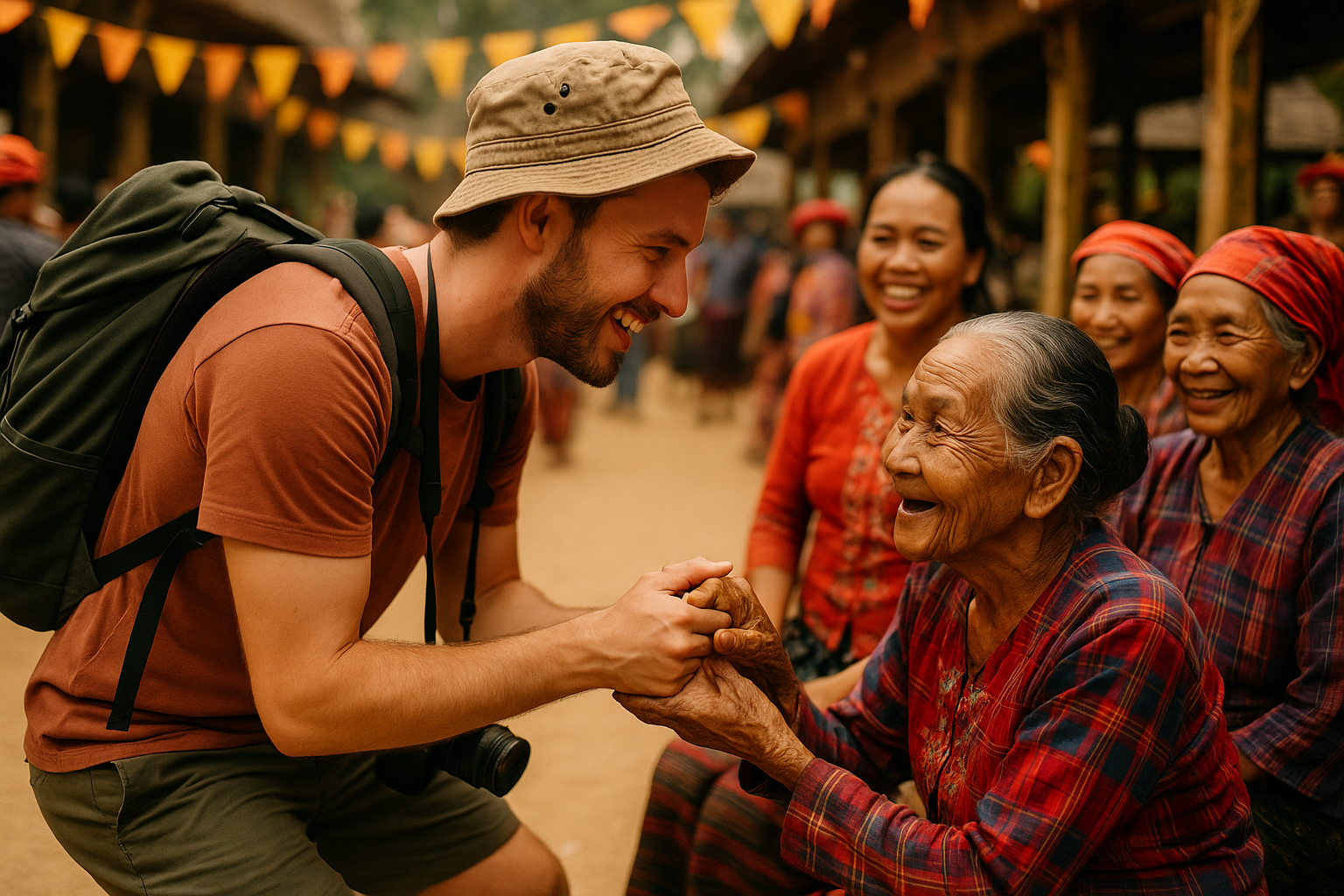
Language Learning
Language is the key to a culture’s heart. While learning a new language might seem daunting, mastering even a few basic phrases can make a world of difference. It shows respect for the culture and can often lead to more enriching and in-depth conversations with locals. Utilize language learning apps or take a short course to familiarize yourself with the basics before your trip.
Local Interaction
One of the most impactful ways to experience cultural immersion is by interacting with local residents. Attend community events, festivals, and public gatherings. Opt to stay in homestays or small guesthouses run by locals rather than big chain hotels. These interactions provide insights into daily life that are often unobservable as a mere tourist and allow for a more authentic travel experience.
Participate in Local Activities
Engage actively in cultural activities. Whether it’s taking a local cooking class, participating in a traditional dance workshop, or joining a local craft workshop, active participation helps bridge the gap between being an observer and becoming part of the community. This also supports the local economy and contributes to sustainable tourism.



